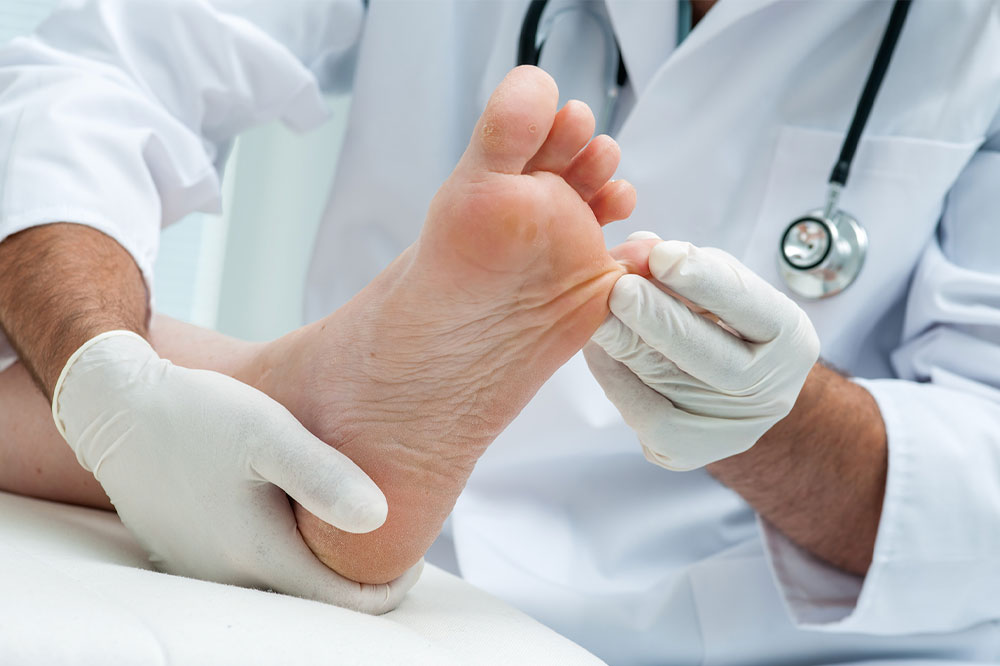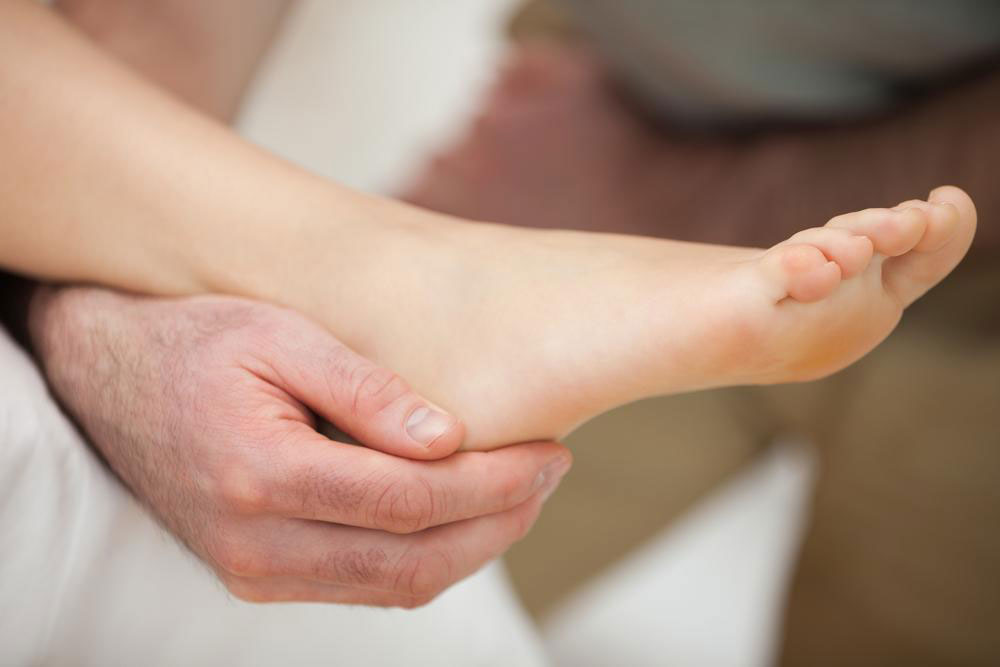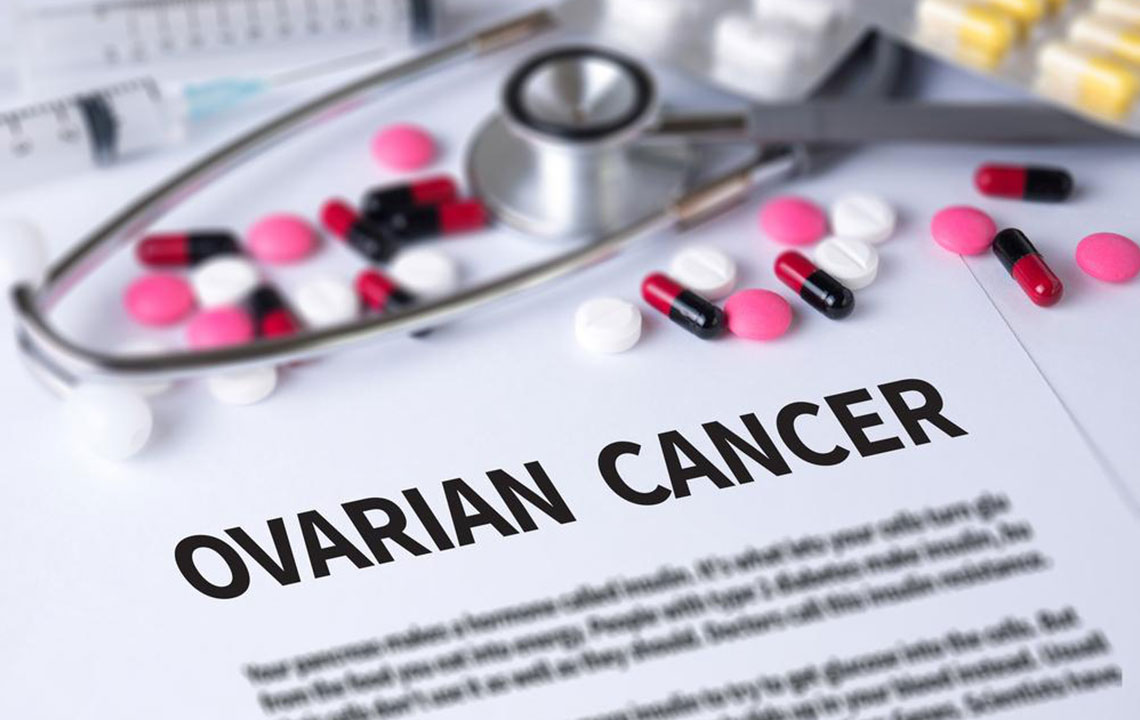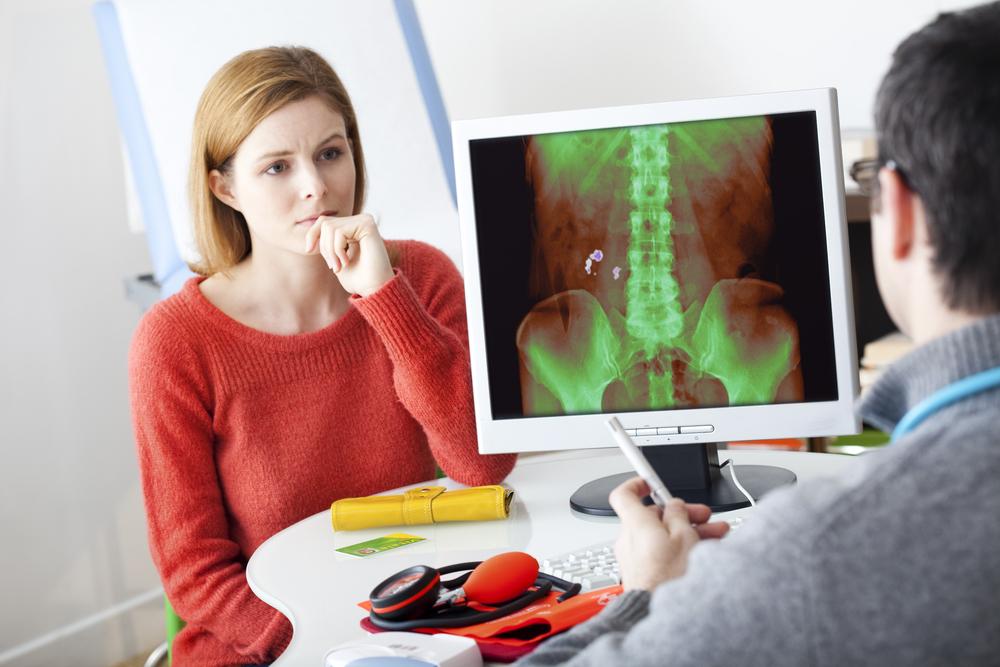Common Questions About ADHD in Adults and Management Tips
This article provides answers to common questions about ADHD in adults, including diagnosis, natural remedies, medications, and effective management strategies. It highlights the importance of professional assessment and personalized treatment plans to improve focus, organization, and overall quality of life for adults with ADHD. Practical tips such as exercises, organization tools, and dietary considerations are emphasized to support symptom management and well-being.

Understanding ADHD in Adults: Frequently Asked Questions
Key Questions About Adult ADHD
Many adults diagnosed with ADHD have experienced symptoms since childhood. Sometimes, the condition remains unnoticed until later in life. While some children may outgrow ADHD, many continue to face challenges into adulthood, affecting relationships and career success. Common adult ADHD symptoms include inattention, forgetfulness, poor listening skills, and difficulty concentrating. Recognizing and managing these symptoms is essential for leading a balanced, fulfilling life.
How is ADHD in adults diagnosed?
Diagnosis requires consulting a psychiatrist experienced in ADHD assessment. The process may include:
Physical examinations to rule out other health issues
Psychological evaluations
Blood tests for additional insights
Medical and lifestyle history review
It's also helpful to know if close relatives have ADHD, as genetics play a significant role in the condition.
Natural methods to alleviate ADHD symptoms
Several natural approaches can assist adults in managing ADHD. Notable options include:
Avoid preservatives and artificial additives: Foods with artificial coloring or preservatives, like sodas, candies, processed snacks, and desserts, can intensify hyperactivity.
Practice yoga or tai chi: Emerging studies suggest that these gentle exercises can reduce anxiety, hyperactivity, and social difficulties.
Limit potential allergens: Following an allergy-restricted diet after consulting a healthcare provider may improve behavior and focus.
Medications for adult ADHD treatment
Effective management often combines medication, therapy, and lifestyle adjustments. Common medications include:
Stimulants like Dexmethylphenidate (Focalin), Adderall, Ritalin, and Vyvanse
Non-stimulants such as Atomoxetine (Strattera), Clonidine, and Guanfacine
While stimulants are commonly prescribed, they may carry risks of misuse and side effects, making non-stimulant options suitable for some individuals. A personalized plan developed with a healthcare professional is essential.
Strategies for managing adult ADHD effectively
Personal efforts can significantly improve symptom control. Key strategies include:
Deep breathing exercises: Slow, mindful breathing helps reduce impulsivity and anxiety.
Stay organized: Creating daily task lists, using planners or digital reminders, and setting realistic goals can foster better management.
Exercise regularly: Physical activity helps burn excess energy and alleviates hyperactivity.
Tags- adult ADHD, ADHD management, adult attention challenges, ADHD symptoms










